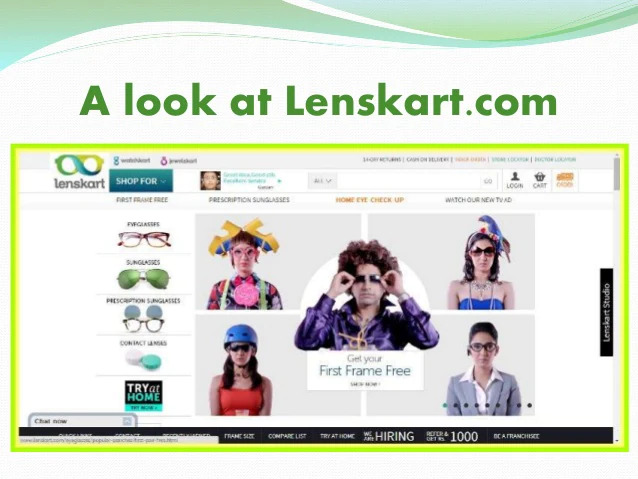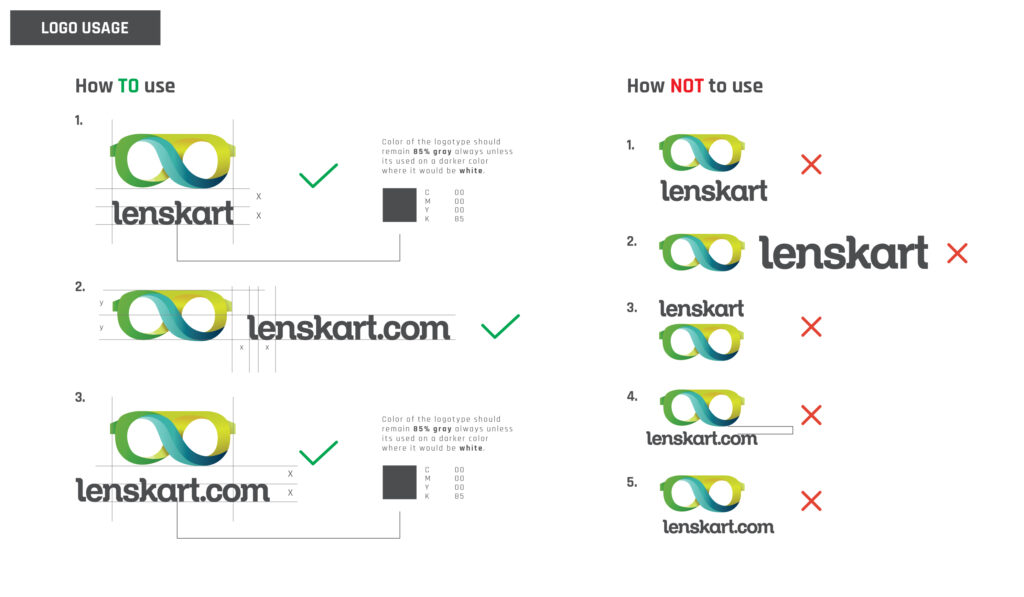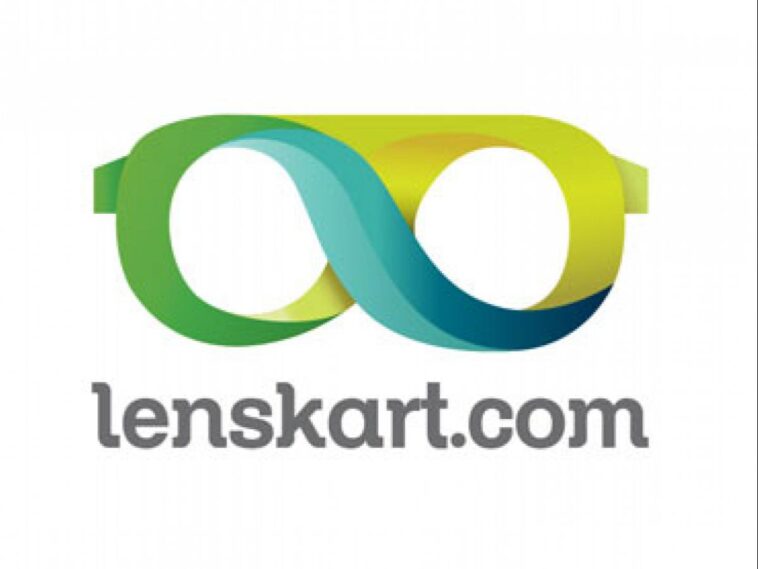Anyone who wears glasses or contacts knows how difficult it is to buy them in person. Scheduling an appointment with an optician, picking appropriate frames, comparing styles, selecting glasses, and then waiting a few days to receive our bespoke glasses all take time and patience. We’ve all come a long way since the days when we had the time or energy to go through this time-consuming process just to get our eyewear accessories.
The leading eyewear store in India, Lenskart, came up with a solution to these problems. This website has considerably revolutionised the formerly chaotic eyeglasses industry by reducing the practise of acquiring eyewears. This company started off as an online contact lens retailer, but as time went on, it grew to include prescription glasses and sunglasses.
Introduction
In India, there are a few magical unicorns who have transformed the sector in which they operate. Lenskart is a disrupting unicorn that has fundamentally altered the eyeglass industry. Lenskart restructured India’s disjointed eyeglass industry. The company started out as an online contact lens retailer, but it has now expanded to include prescription glasses and sunglasses.
Lenskart is a well-known online eyewear and accessory supplier. They have a large customer base since they offer both online and offline services. Whether you choose to buy glasses online or in a Lenskart shop is entirely up to you. They provide a variety of services, including in-home eye exams, quick returns, and special deals such as free shipping and free glasses frames. There are approximately 5000 frame and lens combinations to choose from.
Lenskart India’s ‘Vision to India’ mission is to reach out to the masses by developing a low-cost franchise model. Lenskart Lite is a business plan that will allow them to increase their footprint in Tier 2 cities while simultaneously deploying the system in Tier 3 and 4 cities. It was also the first company to employ daily disposable contact lenses. The Aqualens product from Lenskart is designed to give affordable and simple eyewear alternatives. At only Rs.40 a day, it will be quite affordable to the average person who wants both style and affordability. The major purpose of Lenskart India is to close the gap between picked and unselected lenses, and the company expects to build over 500 outlets in the next two years.
Lenskart, which combines cutting-edge technology to give 3D Try-on and online eye check-up services, has expanded into the offline sector with over 550 outlets across the country. Lenskart India intends to expand its product and service offerings over the next ten years, with the objective of becoming the Maruti Suzuki of the Indian eyewear industry.

Inception and the Concept
Along with Amit Chaudhary and Sumeet Kapahi, Peyush Bansal, Amit Chaudhary, and Sumeet Kapahi formed the company in 2010. Peyush started Valyoo Technologies, the parent business of Lenskart, after working at Microsoft. He founded Valyoo Technologies with SearchMyCampus as the first business portal while doing his post-graduate studies in management at IIM B. The purpose of the website is to provide students with solutions to a variety of challenges. It provided services like accommodation, books, internships, carpooling, part-time jobs, and other perks.
He realised that the eyeglasses sector is one of the undeveloped areas that e-commerce behemoths like Amazon and eBay have yet to investigate when exploring this route. With this in mind, he founded Flyrr.com in the United States, and following its successful debut, he decided to expand the company to India. As a result, in 2010, Lenskart was created in India.
Glasses are worn by over half of the world’s population, with one-third of the Indian population using them. Only about a quarter of people in the third percentile, on the other hand, require glasses to treat their vision problems. In India, the eyewear business is mostly unorganised. Only 10,000 optometrists are available, despite the fact that 40,000 are required. However, there is plenty of possibility for growth as the company becomes more organised.
The industry, which includes companies like Lenskart and Titan Eye, rose at a 30 percent annual rate in its early years of operation and is now worth $10 million. As more individuals become aware of their vision problems and customers purchase eyeglasses to stay up with fashion trends, over 1.5 million glasses are sold every day in India.
The Succession and the market capture
To address the issue of just a tiny number of people wearing glasses out of all those who need them, the platform focuses on promoting awareness about eye care and the significance of vision testing. Lenskart currently performs 15,000 eye tests every day. Its goal is to supply eyeglasses at a reasonable price while also guaranteeing that they are of high quality and trendy.

Lenskart outperforms its competition with an aggressive marketing approach, a variety of pricing points, and unique and new goods and services. Bhuvan Bam is the company’s current brand ambassador. It also sells items at several price points, starting at Rs.345 and rising to Rs.30,000, allowing it to reach clients from all demographics. It must always devise new strategies in order to remain competitive and relevant in the long run. Customers like some services, such as in-home eye examinations.
Both traditional and internet companies compete with Lenskart. GKB Opticals, Coolwinks, Specsmakers, Deals4Opticals, Lensbazaar, Vision Express, and Titan Eyeplus are some of its primary rivals. Lenskart competes with Amazon, Flipkart, PayTM, and other e-commerce behemoths in the online eyeglass market. The eyeglass business is a jumbled mess, with the organised sector accounting for just 9-10% of the market’s 18,000-20,000 crores. Despite having a market share of over 70% among organised businesses, Lenskart’s biggest difficulty is drawing customers away from the unorganised sector, which sells low-cost knockoffs.
Conclusion
Lenskart was one of the first Indian companies to employ robots to produce micro-precision glasses with three decimal places of precision. The platform also offers services such as 3-D trial services in order to optimise the entire process for its customers. They employ an excellent marketing technique in which they provide new consumers with the first frame for free. Since its beginning, Lenskart has overcome several hurdles by combining consumer excitement, a good work culture, and the execution of strict standards.
With it’s long-term goals, the platform has a lot of room to grow and gain a dominant position in the near future.



